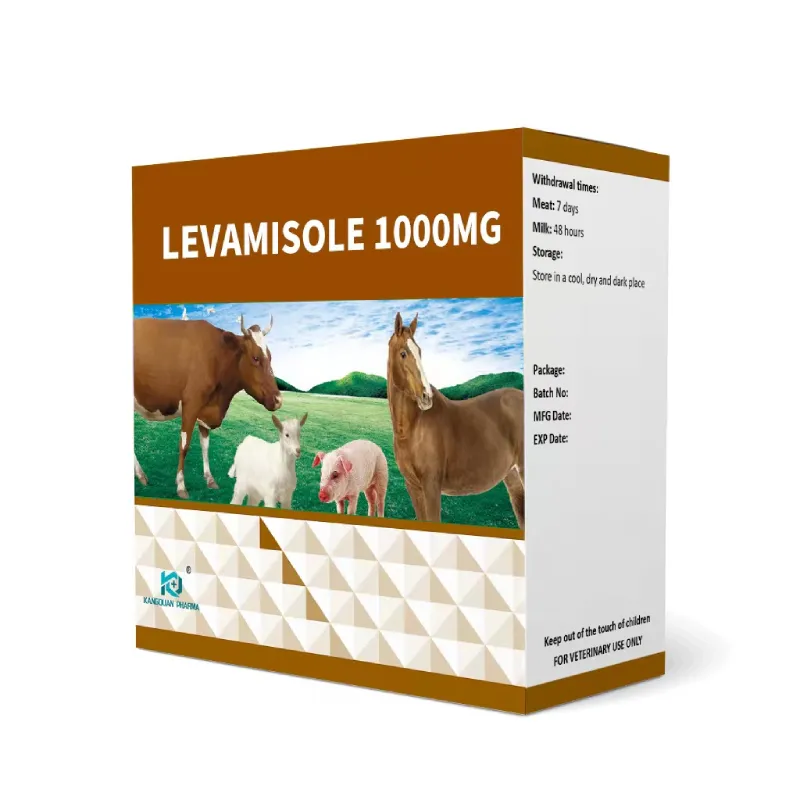- Afrikaans
- Albanian
- Amharic
- Arabic
- Armenian
- Azerbaijani
- Basque
- Belarusian
- Bengali
- Bosnian
- Bulgarian
- Catalan
- Cebuano
- Corsican
- Croatian
- Czech
- Danish
- Dutch
- English
- Esperanto
- Estonian
- Finnish
- French
- Frisian
- Galician
- Georgian
- German
- Greek
- Gujarati
- Haitian Creole
- hausa
- hawaiian
- Hebrew
- Hindi
- Miao
- Hungarian
- Icelandic
- igbo
- Indonesian
- irish
- Italian
- Japanese
- Javanese
- Kannada
- kazakh
- Khmer
- Rwandese
- Korean
- Kurdish
- Kyrgyz
- Lao
- Latin
- Latvian
- Lithuanian
- Luxembourgish
- Macedonian
- Malgashi
- Malay
- Malayalam
- Maltese
- Maori
- Marathi
- Mongolian
- Myanmar
- Nepali
- Norwegian
- Norwegian
- Occitan
- Pashto
- Persian
- Polish
- Portuguese
- Punjabi
- Romanian
- Russian
- Samoan
- Scottish Gaelic
- Serbian
- Sesotho
- Shona
- Sindhi
- Sinhala
- Slovak
- Slovenian
- Somali
- Spanish
- Sundanese
- Swahili
- Swedish
- Tagalog
- Tajik
- Tamil
- Tatar
- Telugu
- Thai
- Turkish
- Turkmen
- Ukrainian
- Urdu
- Uighur
- Uzbek
- Vietnamese
- Welsh
- Bantu
- Yiddish
- Yoruba
- Zulu
Қар . 13, 2024 12:39 Back to list
tylosin tartrate injection
Tylosin Tartrate Injection Overview and Clinical Applications
Tylosin tartrate is a macrolide antibiotic that is primarily used in veterinary medicine to treat a variety of infectious diseases in livestock and poultry. Its mechanism of action involves inhibiting bacterial protein synthesis, thereby preventing the growth and reproduction of susceptible bacteria. This article provides an overview of tylosin tartrate injection, including its pharmacological properties, uses, administration, and safety considerations.
Pharmacology and Mechanism of Action
Tylosin is derived from the bacterium *Streptomyces fradiae* and is classified as a macrolide antibiotic. Like other antibiotics in this class, tylosin exerts its effects by binding to the 50S ribosomal subunit of bacteria, which inhibits RNA-dependent protein synthesis. This ability to disrupt protein production renders it effective against a range of gram-positive and some gram-negative bacteria, as well as certain intracellular pathogens.
Tylosin tartrate is the injectable form of the antibiotic, making it particularly useful for treating systemic infections that require immediate therapeutic intervention. The solubility of tylosin tartrate in water allows for easy administration via intramuscular or subcutaneous routes, ensuring rapid absorption into the bloodstream.
Clinical Applications
Tylosin tartrate injection is commonly used in veterinary settings for the treatment of
1. Respiratory Infections Tylosin is effective against pathogens responsible for pneumonia and other respiratory diseases in animals, particularly in swine and poultry.
2. Gastrointestinal Infections It is frequently employed to manage conditions such as enteritis and colitis, where bacterial infections lead to significant morbidity in livestock.
tylosin tartrate injection

4. Metritis and Reproductive Issues Tylosin has been used in cases of metritis in cattle and other livestock, helping to address post-partum infections that can impede reproductive performance.
5. Mycoplasma Infections It is particularly effective against certain mycoplasma pathogens, which are notoriously difficult to treat due to their lack of a cell wall.
Administration and Dosage
Tylosin tartrate is typically administered via an injection, either intramuscularly or subcutaneously, depending on the species and the severity of the infection. Dosage regimens can vary based on the specific condition being treated, the patient's weight, and the veterinarian's discretion. It is imperative that the doses adhere to the clinical guidelines to ensure both efficacy and safety.
For effective results, treatment duration may range from several days to a week, depending upon the infection's response to therapy. Regular monitoring and follow-up are recommended to assess the animal's progress and make adjustments to the treatment plan as necessary.
Safety Considerations and Side Effects
While tylosin is generally considered safe for use in animals, certain precautions must be observed. Potential side effects include gastrointestinal disturbances, such as diarrhea and vomiting, particularly in susceptible populations. Rarely, allergic reactions can occur, prompting the need for immediate cessation of treatment and veterinary intervention.
Moreover, tylosin is not approved for use in dairy and egg-laying animals at certain stages, owing to concerns about drug residues in milk and eggs. Thus, veterinarians must judiciously evaluate the risk-benefit ratio when prescribing this medication, especially in food-producing animals.
Conclusion
Tylosin tartrate injection serves as a valuable tool in the treatment of bacterial infections in veterinary medicine. Its broad-spectrum activity, coupled with ease of administration, makes it indispensable for managing diverse infectious diseases in livestock and poultry. However, as with any antibiotic therapy, careful consideration of safety and adherence to recommended guidelines is paramount to ensure optimal outcomes for animal health and welfare.
-
Guide to Oxytetracycline Injection
NewsMar.27,2025
-
Guide to Colistin Sulphate
NewsMar.27,2025
-
Gentamicin Sulfate: Uses, Price, And Key Information
NewsMar.27,2025
-
Enrofloxacin Injection: Uses, Price, And Supplier Information
NewsMar.27,2025
-
Dexamethasone Sodium Phosphate Injection: Uses, Price, And Key Information
NewsMar.27,2025
-
Albendazole Tablet: Uses, Dosage, Cost, And Key Information
NewsMar.27,2025













